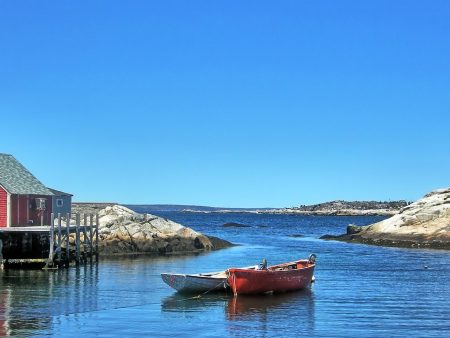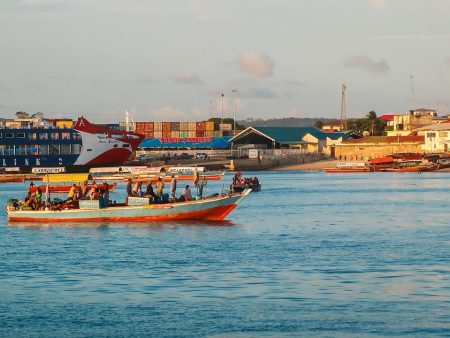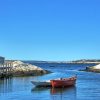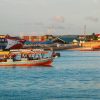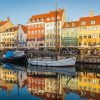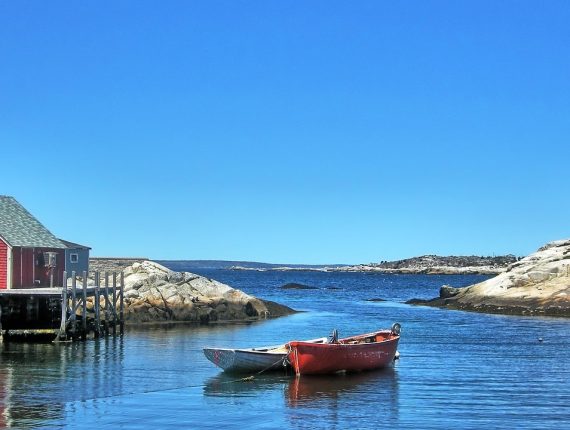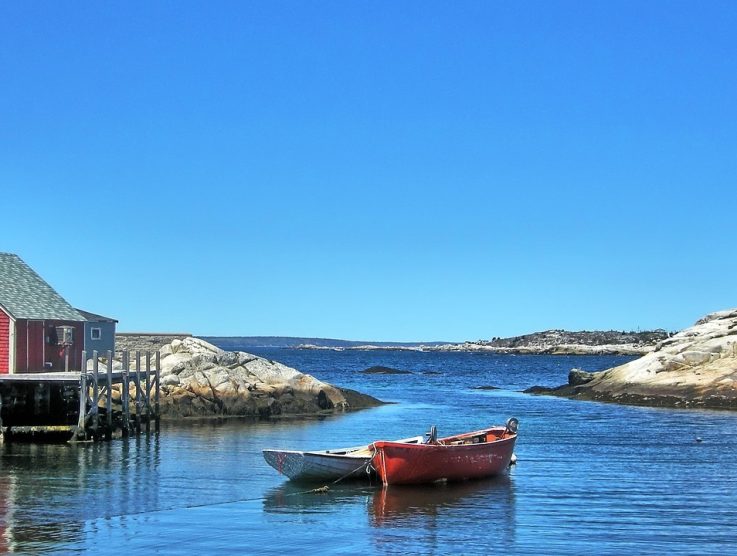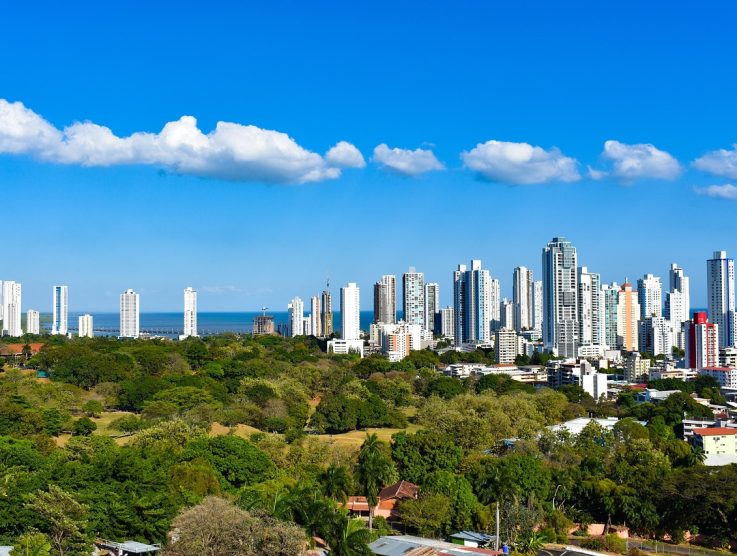Norway is a Scandinavian country in Northern Europe known for its stunning natural landscapes, high standard of living, and strong social welfare system. With a population of approximately 5.5 million people, Norway is considered one of the wealthiest countries in the world, with high-quality healthcare, education, and infrastructure. Oslo, the capital, is the economic and cultural hub, while Bergen, Stavanger, Trondheim, and Tromsø are popular cities for work and study. Norway’s economy is diverse, with major sectors including oil and gas, shipping, renewable energy, technology, education, and tourism.
Language and Communication
Norwegian is the official language of Norway, with two written forms: Bokmål and Nynorsk. Most daily communication, media, and official documents are in Norwegian. In addition, Sami is spoken by indigenous communities in the north.
English is widely spoken and understood throughout Norway. Most Norwegians are fluent in English, especially in cities, universities, and workplaces. For newcomers, this makes daily life manageable without Norwegian in the short term, though learning the language is highly recommended for long-term integration, work opportunities, and social connections.
Learning Norwegian Before Moving
While it is possible to get by with English, learning Norwegian improves employment prospects and cultural integration. Basic skills in speaking, reading, and writing help with navigating local services, healthcare, and administrative processes.
Popular language learning apps include Duolingo, Babbel, Memrise, Pimsleur, and Mondly. In Norway, there are also language schools and adult education programs (Voksenopplæring) that offer structured courses for immigrants.
Visa and Residence Requirements
Visa requirements depend on nationality. Citizens of EU/EEA countries can live and work in Norway without a visa. Non-EU/EEA citizens usually require a residence permit before relocating, which must be obtained based on employment, study, family reunification, or investment.
Common visa types include:
- Work permit: For employment with a Norwegian company.
- Student visa: For full-time study at a recognized institution.
- Family reunification: For joining a family member living legally in Norway.
Residence permits are issued for a fixed period and must be renewed. After obtaining a residence permit, you will receive a national ID and register with the local tax authorities (Folkeregisteret), which is essential for banking, healthcare, and municipal services.
Employment Opportunities and Work Culture
Norway has a strong economy with high salaries, generous benefits, and strong labor laws. Key employment sectors include technology, healthcare, engineering, shipping, renewable energy, tourism, and education. Norway places a strong emphasis on work-life balance, equality, and professional development.
The workplace is generally collaborative, with flat hierarchies and informal communication. Punctuality, transparency, and respect for colleagues are expected. English is often used in multinational companies and academic institutions, but Norwegian proficiency is required for many local roles, especially in public services, healthcare, and education.
Cost of Living, Housing, and Financial Planning
Norway has a high cost of living, particularly in Oslo and Bergen. Housing is the largest expense, with rental prices for apartments in city centers significantly higher than in smaller towns. Utilities, groceries, and services are also relatively expensive.
Opening a Norwegian bank account requires your residence permit, national ID, and address registration. Norway has an efficient healthcare system funded by taxes, with universal public healthcare complemented by private providers.
Public transport is reliable, with buses, trams, trains, and ferries connecting cities and rural areas. Owning a car is more common in less urbanized regions.
Lifestyle, Culture, and Social Integration
Norwegian culture emphasizes equality, respect for nature, and a high quality of life. Outdoor activities such as hiking, skiing, and cycling are widely popular. Social interactions are polite but reserved initially; forming deeper friendships takes time.
Norway is safe with low crime rates, excellent public services, and clean urban environments. Cultural norms prioritize environmental awareness, punctuality, honesty, and direct communication.
Essential Preparation Before Moving
- Secure housing before arrival or temporary accommodation.
- Ensure all visa, work, and residence permits are approved.
- Learn basic Norwegian phrases and cultural norms.
- Save enough funds to cover initial expenses, particularly rent and utilities.
- Register with local authorities and health services promptly.
Conclusion
Norway offers a high standard of living, excellent social services, and opportunities for professional growth. While English is widely spoken, learning Norwegian is highly beneficial for long-term integration. With careful planning, financial preparation, and cultural understanding, relocating to Norway can provide a safe, comfortable, and enriching experience.
